 The Justice Department will sift through trial testimony, interviews and other evidence during what is likely to be a months-long investigation into whether George Zimmerman violated Trayvon Martin’s civil rights when he shot the black teenager.
The Justice Department will sift through trial testimony, interviews and other evidence during what is likely to be a months-long investigation into whether George Zimmerman violated Trayvon Martin’s civil rights when he shot the black teenager.
The key to charging Zimmerman, a former neighborhood watch volunteer, lies in whether evidence exists that he was motivated by racial animosity to kill Martin, who was 17 when he was shot during a fight with Zimmerman in February 2012. And while Martin’s family has said the teen was racially profiled, no evidence surfaced during the state trial that Zimmerman had a racial bias.
Former Miami federal prosecutor David S. Weinstein says it will likely be months before a decision is made on whether to bring charges.
Zimmerman, 29, was acquitted of second-degree murder and manslaughter charges after claiming he fired his weapon in self-defense only after Martin attacked him. His friends and family have repeatedly denied he harbored racial animosity toward blacks. Florida did not use its own hate crime laws against Zimmerman.
Legal experts say the FBI and prosecutors will go back through the interviews done before the state case began; look at all the forensics such as crime scene records and medical reports; and review the state’s witnesses to see if any who did not testify might have important information.
However, investigators are not limited to existing evidence; they can pursue new evidence and conduct new interviews as they see fit. For instance, federal investigators could look more closely at Zimmerman’s past for any evidence of racial bias.
“They are going to need to do a thorough vetting of the facts. It takes time,” said Lauren Resnick, a former prosecutor who obtained a guilty verdict in a 1991 New York hate crime case involving the stabbing death of an Orthodox Jew. Those defendants had been acquitted in state court.
In a speech Tuesday to an NAACP convention in Orlando, Attorney General Eric Holder said “I am concerned” about the Zimmerman case and pledged the Justice Department will conduct a thorough review.
“While that inquiry is ongoing, I can promise that the Department of Justice will consider all available information before determining what action to take,” he said.
The lone juror in the case who has spoken publicly — known only as Juror B37 because their identities have not been released — said Monday that she did not believe Zimmerman followed Martin because the teen was black.
Still, supporters of the Justice Department filing civil rights charges say additional evidence could exist in the federal investigation that didn’t come up in the state prosecution of Zimmerman, possibly even witnesses who have not previously been interviewed or did not come up in the state case.
“They have a separate set of evidence they’re looking at,” said Barbara Arnwine, president and executive director of the Lawyers Committee for Civil Rights Under Law. “They might have additional witnesses that were never called upon by the state. I think they will make the best decision that is possible in this case and they will pursue what they think is legally possible.”
Several civil rights groups, including the NAACP, are demanding that the Justice Department bring federal charges against Zimmerman, and there have been numerous protests around the country about the outcome of the Florida trial.
During a news conference Tuesday, the Rev. Al Sharpton acknowledged there are hurdles. But he said there remains a fundamental question of “does Trayvon Martin and the Trayvon Martins of this country have the civil right to go home?”
He added: “… we have some experience on how to deal with hurdles and we see that as part of our strategy.”
Beyond the exact language of the law itself, the federal probe must navigate between sensitive racial and political issues that arose when Zimmerman initially wasn’t charged in Martin’s killing.
“Many people simply cannot process how an unarmed teenager is killed, and yet no one is held criminally accountable for his death,” said Marcellus McRae, a former federal prosecutor in Los Angeles.
Resnick said a federal jury would have to find beyond a reasonable doubt that Zimmerman had a racial motive when he began following Martin and that he did not act in self-defense when he fired his gun.
“There remains the serious challenge that prosecutors still have to prove the racial motive,” she said.
Zimmerman could get life in prison if charged and convicted under federal hate crime laws.
Generally, the Justice Department is reluctant to get involved in cases that have already been tried before a state jury, in part because of concerns about double jeopardy.
Perhaps the best-known example where federal prosecutors did intervene was the case of four police officers acquitted after a California state trial in the beating of motorist Rodney King, which triggered deadly riots in the Los Angeles area in 1992.
Two of the four officers were convicted in federal court of violating King’s rights, but that case differs from Zimmerman’s because they were acting as sworn law enforcement officials, not as a private citizen claiming self-defense.
In contrast, the Justice Department declined to prosecute New York Police Department officers after they were acquitted in the 2006 shootings of three men including Sean Bell, who was fatally wounded the morning of his planned wedding. The short Justice Department statement — issued in 2010, four years after the shooting — simply said there was insufficient evidence to proceed.
“Neither accident, mistake, fear, negligence nor bad judgment is sufficient to establish a federal criminal civil rights violation,” the department said in the Bell case.
(AP)



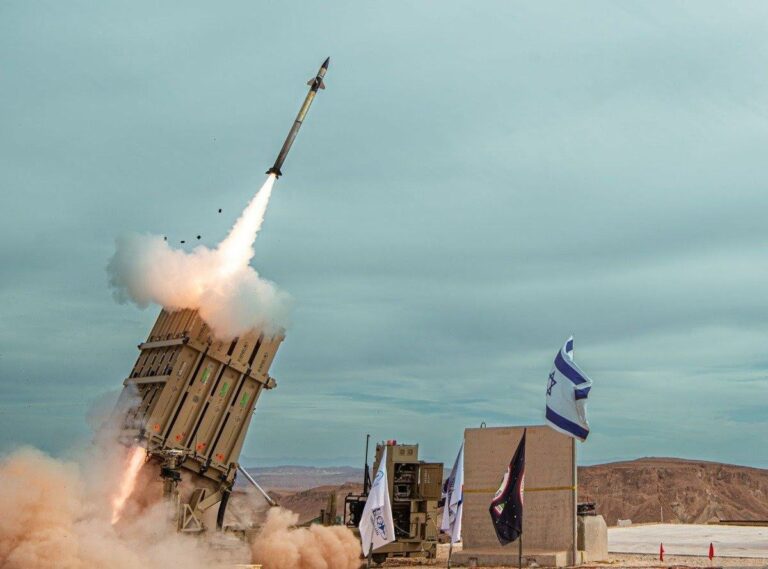
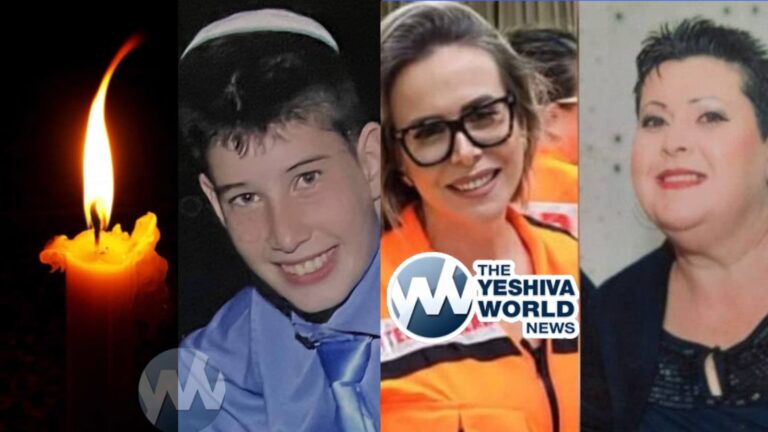
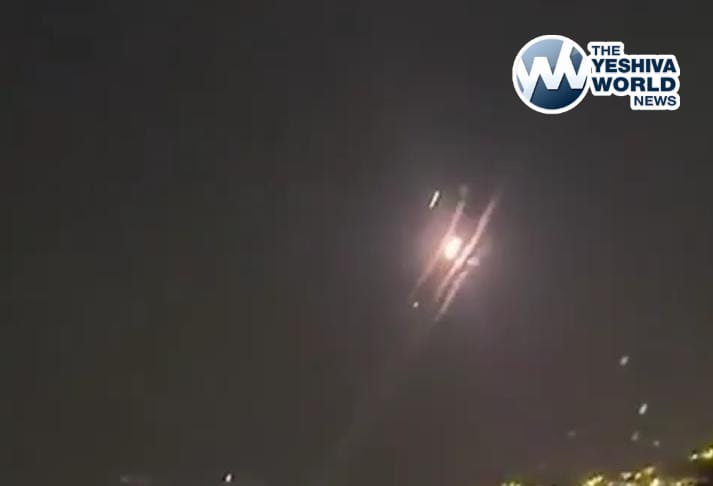
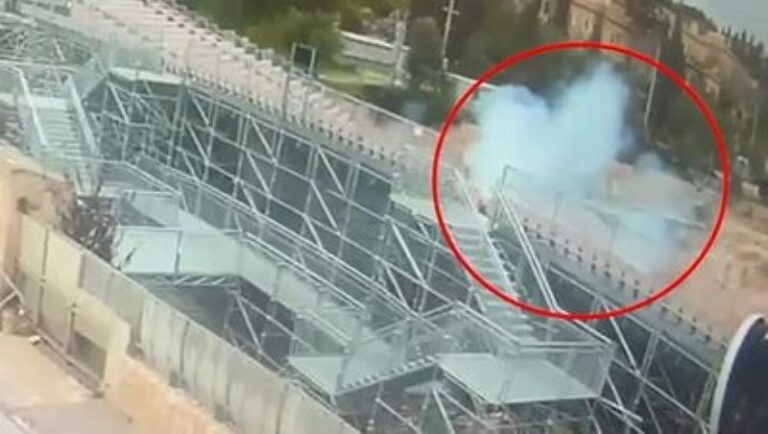
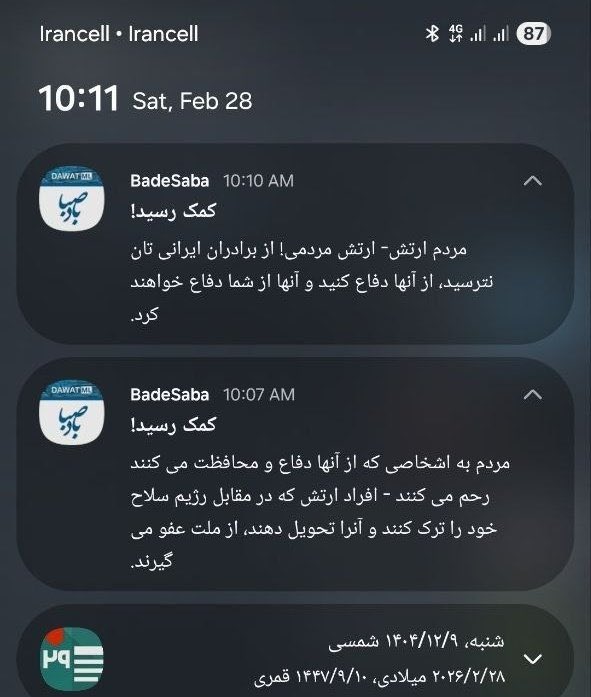
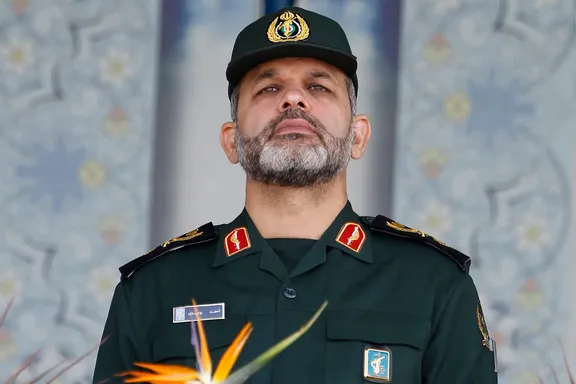
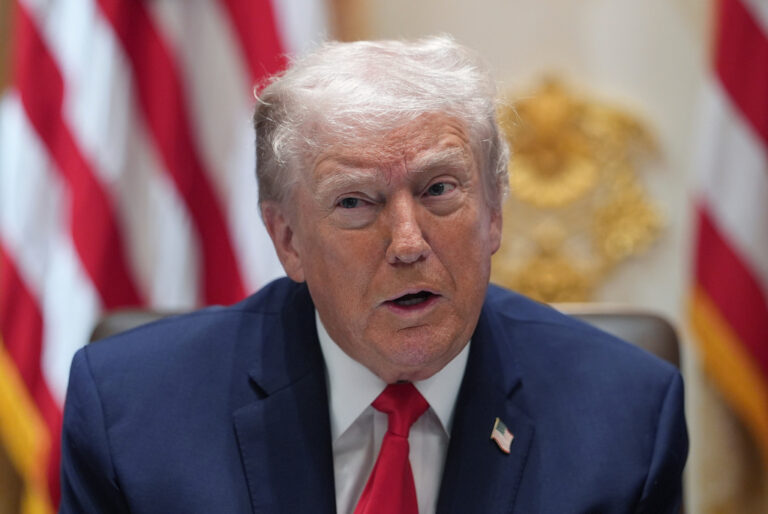
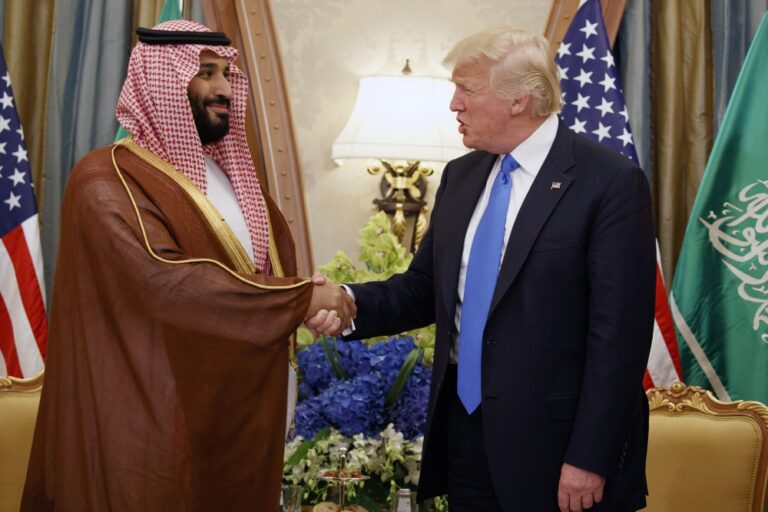
2 Responses
YWN should not quote the AP.
The Justice Dept. is under orders to manufacture evidence for a politically motivated prosecution. The question is whether their civil service attorneys have enough pride to tell their patronage bosses “no”.
Too bad no one sifted thru all the evidence on obama, holder, etc.
What a bunch of low life crooks!